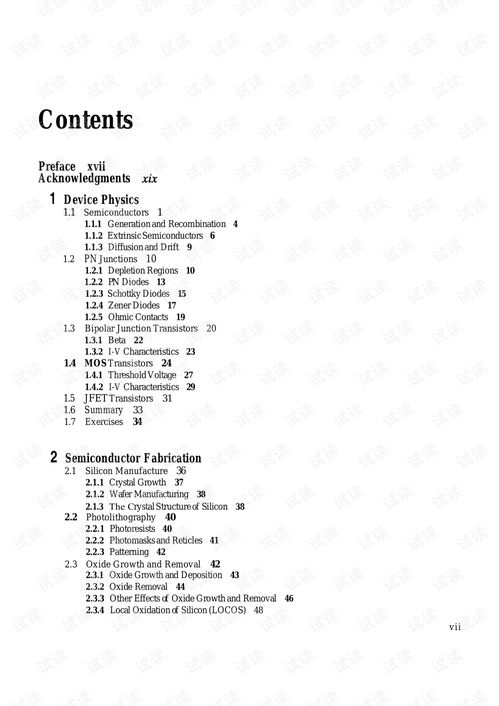Content:
Introduction: Fishing is a beloved pastime that offers relaxation, tranquility, and a chance to connect with nature. Whether you are a beginner or an experienced angler, practicing your fishing skills at home can greatly enhance your overall experience. In this article, we will explore various techniques and tips to help you improve your fishing skills while enjoying the comfort of your own home.
Familiarize Yourself with the Basics: Before diving into more advanced techniques, it is essential to understand the basics of fishing. Familiarize yourself with the different types of fishing rods, reels, lines, hooks, and baits. Research the species of fish you are interested in catching and learn about their feeding habits and preferred habitats.
Set Up a Home Fishing Tank: Creating a home fishing tank is an excellent way to practice your fishing skills. You can start with a small tank and gradually increase its size as you become more proficient. Fill the tank with water that matches the temperature and pH level of the fish you want to catch. Add plants, rocks, and other decorations to mimic a natural environment.
Stock the Tank with Fish: Choose fish species that are suitable for your home tank. Consider fish that are known for their easygoing nature and compatibility with other species. For example, goldfish, koi, and guppies are popular choices. Once you have your fish, observe their behavior and learn how to attract them with bait.
Practice Casting: Casting is a fundamental skill in fishing. Practice casting indoors or in a spacious outdoor area to improve your accuracy and distance. Hold the fishing rod with both hands, position the line above your head, and swing it back and forth to create momentum. As you reach the end of your cast, release the line and let it fly through the air. With practice, you will develop a smooth and precise casting technique.
Master Baiting Techniques: Baiting is an art form in fishing. Experiment with different types of baits, such as live bait, artificial lures, or homemade concoctions. Learn how to attach the bait to the hook properly and practice different techniques, such as the worm rig, jigging, or fly fishing. Pay attention to the fish's reactions and adjust your baiting techniques accordingly.
Develop Sensitivity: One of the key aspects of fishing is being able to detect subtle movements in the water. Practice feeling the weight of the fishing line and the subtle taps of the fish biting. This can be challenging to master, but with practice, you will become more sensitive to these cues. Try using a lighter fishing rod and a sensitive reel to enhance your ability to detect fish bites.

Learn to Read the Water: Understanding the behavior of fish in different water conditions is crucial for successful fishing. Practice observing the water's surface, looking for signs of fish activity, such as ripples, bubbles, or sudden movements. Pay attention to changes in water temperature, clarity, and flow, as these factors can influence fish behavior.
Practice Patience: Fishing requires patience and perseverance. Practice being patient and staying focused, even when you don't catch anything immediately. Remember that fishing is not just about the catch; it is about the experience and the time spent with nature.
Conclusion: Practicing your fishing skills at home can greatly enhance your overall experience on the water. By familiarizing yourself with the basics, setting up a home fishing tank, practicing casting and baiting techniques, developing sensitivity, and learning to read the water, you will become a more skilled and confident angler. So, grab your fishing gear, find a comfortable spot at home, and start honing your skills today!












